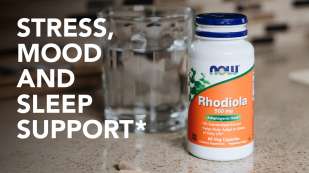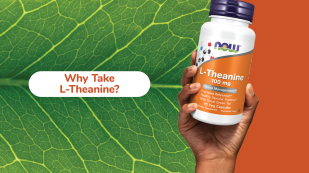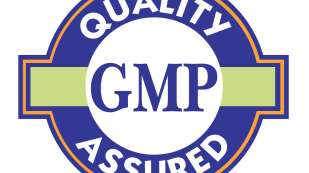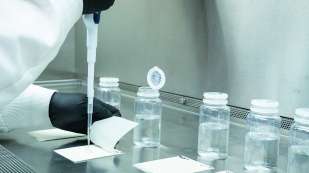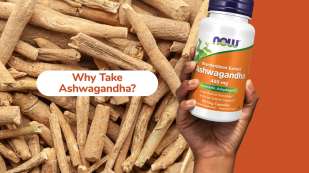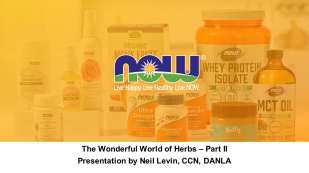Use coupon code CARDAMOM with your purchase of $40 or more for a free†
Cardamom OilMore About Lecithin and Phosphatides

What is lecithin?
Lecithin is the name given to a group of fatty substances comprised of the most common natural phospholipids found in many animal tissues and organs, as well as many plants, where they’re found abundantly in legumes, cereals and seed embryos. Phospholipids are important constituents of biological membranes.
Vegetable lecithin is the most common form that’s commercially available today, of which the majority is derived from soybeans. Lecithin's biological and physiological properties make it useful in the pharmaceutical, food and cosmetics fields. Moreover, it is widely used as a dietary supplement for the support of cognitive, cardiovascular and liver functions.*
Lecithin composition
Lecithin from soybean sources is a complex mixture of phosphatides that consists mainly of phosphatidylcholine (PC), phosphatidylethanolamine (PE) and phosphatidylinositol (PI) with minor amounts of phosphatidic acid (PA), phosphatidylserine (PS), and corresponding lysophosphatidyl derivatives (LPC, LPE, LPI, and LPS). Neutral lipids, free fatty acids, carbohydrates and other components are also present in soy lecithin.
The composition of lecithin is largely dependent on the source and degree of purification. Owing to the difficulty of obtaining lecithin phosphatidylcholine and phosphatidylethanolamine of sufficient purity, it is important to utilize rapid and effective analytical methods for the purpose of quality control, and to discover any commercial frauds.
NOW® Lecithin
NOW offers a variety of lecithin products, including lecithin powder and softgels. To ensure the quality of these products, we use our own HPLC method, based on the official AOCS (American Oil Chemistry Organization) method, to validate analytical procedure for testing phosphatidylcholine, phosphatidylethanolamine and phosphatidylinositol. This analytical method is accurate, efficient and simultaneous for the determination of typical levels of various phosphatidylcholine compounds, helping to ensure the quality of our lecithin products.
*This statement has not been evaluated by the Food and Drug Administration. These products are not intended to diagnose, treat, cure or prevent any disease.
Reference:
Kirk, Othmer, Lecithin, Encyclopedia of chemical technology, vol. 14, John Wiley and Sons, New York, 1981. M. Caselli Anal. Lett. 14 (1981), pp. 1693–1709
J.L. Beare-Rogers, A. Bonekamp-Nasner and A. Dieffenbacher Pure Appl. Chem. 64 (1992), pp. 447–454
M.A. Yorek In: G. Cevc, Editor, Phospholipids Handbook, Marcel Dekker, New York (1993), p. 745

